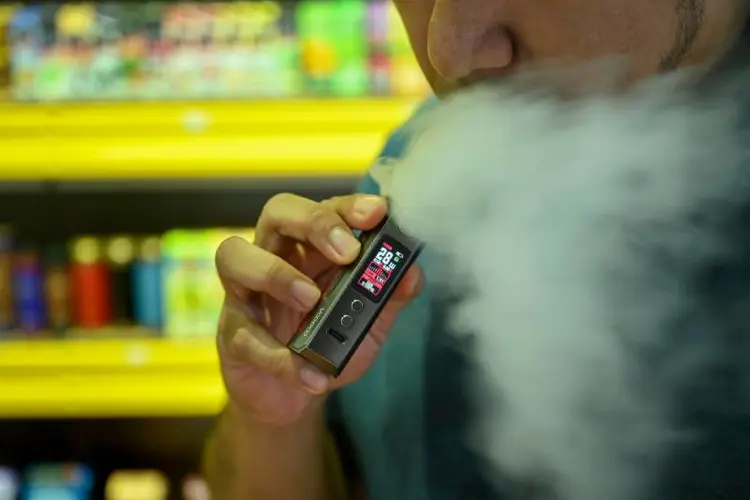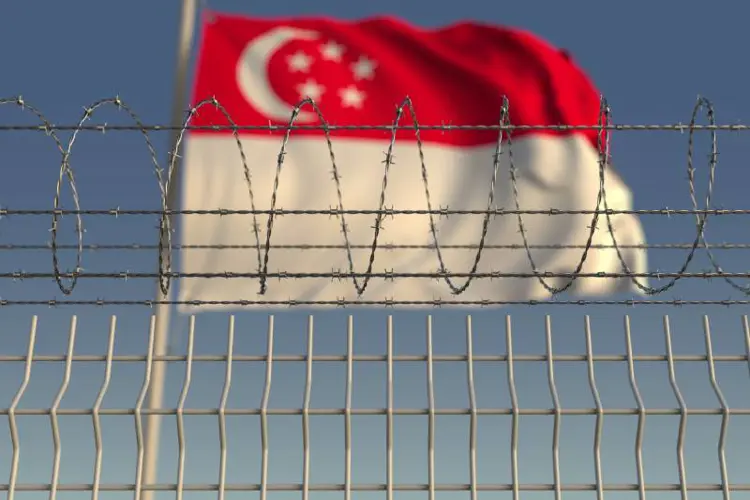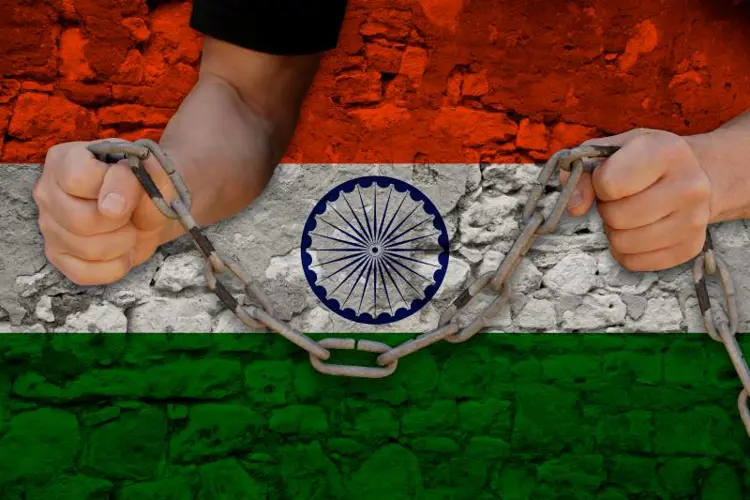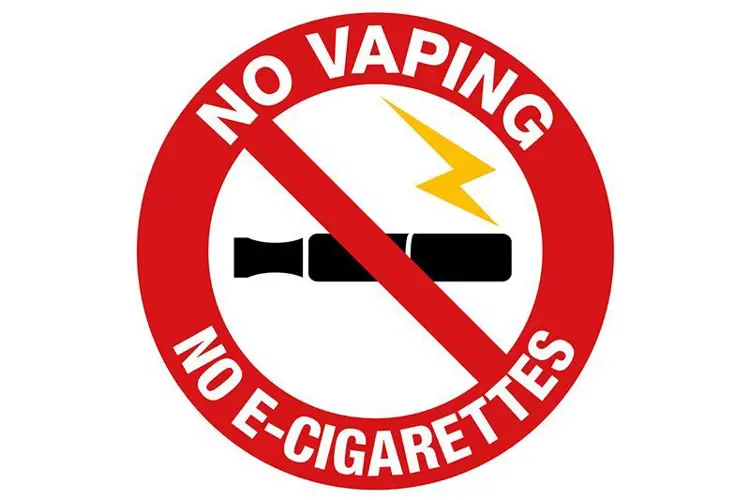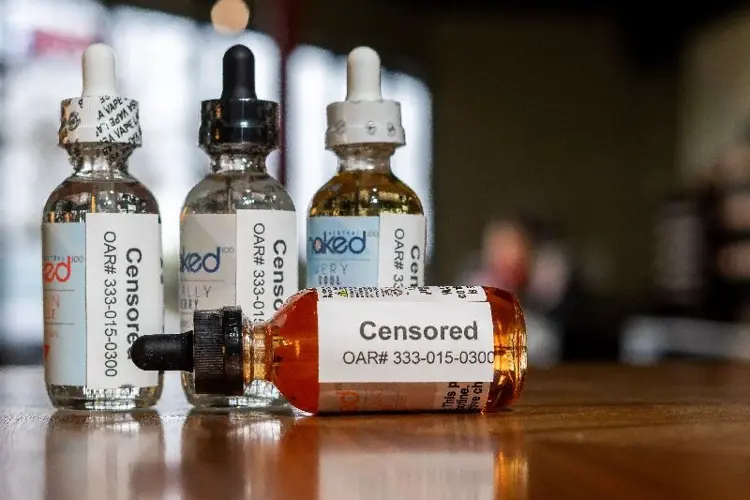A South Korean vaping industry organization is suing two government agencies for spreading misinformation about nicotine vaping that it says caused financial distress for many of its members. The group wants the government to correct the record.
The Korea Electronic Cigarette Association (KECA), which represents about 4,000 vape product retailers, alleges that the Republic of Korea’s Ministry of Health and Welfare (MOHW) and Korea Disease Control and Prevention Agency (KDCA) damaged the reputation of small vape businesses and caused them great financial harm.
The agencies misinformed Koreans about vaping and “EVALI”
The Oct. 23, 2019 press release urged Koreans to avoid e-liquid-based vaping products, based on supposed concerns over the outbreak of U.S. vaping-related lung injuries called “EVALI” by the U.S. Centers for Disease Control and Prevention (CDC). (We place quotation marks on the name to denote that “EVALI” is a CDC-created term—”e-cigarette, or vaping, product use-associated lung injury”—that itself furthers the mistaken belief that e-cigarettes bear any responsibility for the injuries. The name is believed to have been coined by former CDC employee and current FDA Center for Tobacco Products Director Brian King.)
By the time the Korean press release was issued, most American experts were already convinced “EVALI” was caused by a cannabis oil diluent called vitamin E acetate, although the CDC didn’t admit it until November (and never fully abandoned the claim that some “EVALI” cases may have been caused by nicotine vaping products). No case of “EVALI” has ever been tied to a nicotine vaping product.
KECA says the “false impression” created by the health agency’s press release and advertisements caused “enormous economic and psychological damage” to vape retailers.
KECA says that, at the time of the government press release, “there was only one suspected case of lung damage in Korea, and even the suspected case came from a person who smoked tobacco,” according to Korea Biomedical Review. (“EVALI” cases were almost exclusively found in cannabis oil vapers in the United States.)
The Korean trade group’s lawsuit cited a 2021 study in the Journal of Korean Medical Science that found no known cases of severe pneumonia or lung injury among vapers in South Korea. They allege that the science backs up their claims about the relative safety of nicotine vaping products, and that the government health agencies’ refusal to withdraw their strong recommendation to stop vaping “can only be understood as neglecting their duties.”
The government caused “economic and psychological damage”
In fact, says KECA, the government itself has previously admitted that vaping is safer than smoking. “According to the Ministry of Food and Drug Safety (MFDS) test results in 2017,” said KECA, “very low levels of harmful ingredients were detected in liquid e-cigarettes compared to tobacco. Notably, tar and carbon monoxide were not detected at all, and formaldehyde was only at 1/20 level and acetaldehyde at 1/500 level compared to regular cigarettes.”
Yet, despite the MFDS’ conclusions, the MOHW created an ad campaign that suggested smoking and vaping are equally harmful. KECA says the “false impression” created by the health agency’s press release and advertisements caused “enormous economic and psychological damage” to vape retailers.
A survey of American vaping retailers found that more vape shop owners blamed U.S. news coverage of the lung injury outbreak for their huge sales losses in 2020 than blamed the COVID-19 pandemic. More than 80 percent of stores reported losses that year, with an average sales decline of 18 percent.
The Freemax REXA PRO and REXA SMART are highly advanced pod vapes, offering seemingly endless features, beautiful touchscreens, and new DUOMAX pods.
The OXVA XLIM Pro 2 DNA is powered by a custom-made Evolv DNA chipset, offering a Replay function and dry hit protection. Read our review to find out more.
The SKE Bar is a 2 mL replaceable pod vape with a 500 mAh battery, a 1.2-ohm mesh coil, and 35 flavors to choose from in 2% nicotine.
Because of declining cigarette sales, state governments in the U.S. and countries around the world are looking to vapor products as a new source of tax revenue.
The legal age to buy e-cigarettes and other vaping products varies around the world. The United States recently changed the legal minimum sales age to 21.
A list of vaping product flavor bans and online sales bans in the United States, and sales and possession bans in other countries.










